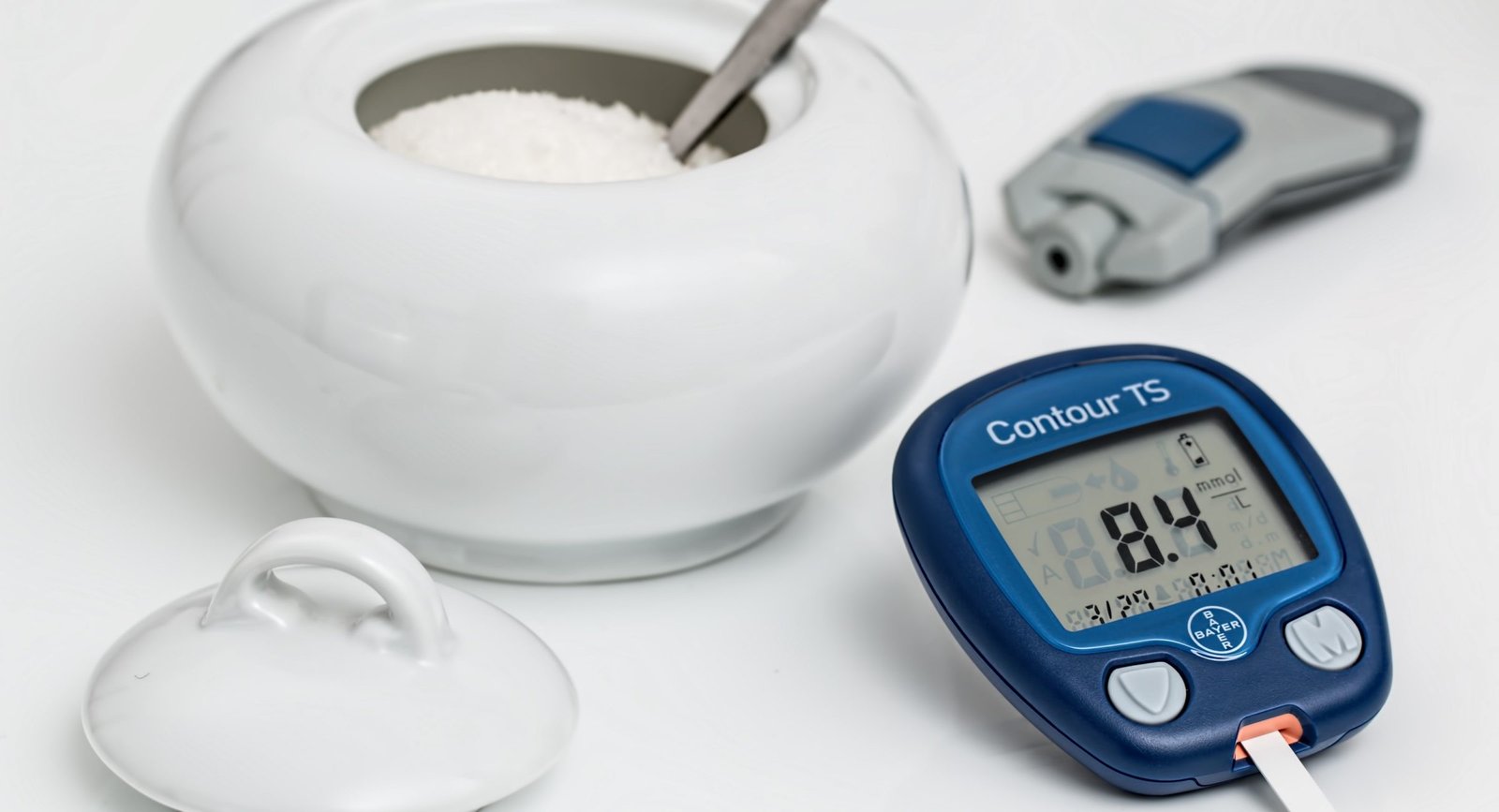What is diabetic neuropathy?
Uncontrolled high blood sugar, a common symptom of sufferers of diabetes, can lead to nerve damage. High blood sugar can weaken the walls of the capillaries, which supply oxygen and nutrients to the nerves. This, in turn, will interfere with the nerves’ ability to properly send signals. This nerve damage most commonly results in peripheral neuropathy. Sufferers of peripheral neuropathy can experience symptoms such as numbness, tingling or burning sensations, sharp pain, and loss of coordination.
What precautions should be taken?
- Maintain a healthy and active lifestyle
- Neuropathy is more likely to develop in overweight individuals
- Avoid excessive drinking and smoking
- Manage high blood pressure and cholesterol levels
- Take good care of your feet
- See your doctor if you…
- Have cuts or sores on your feet that won’t heal
- Experience excessive burning, tingling, or weakness in the hands or feet
- Experience changes in digestion, urination, or sexual function

What treatments are available?
Medication is available to treat some of the more common symptoms of neuropathy (tingling, numbness, and burning sensations). Antidepressants and anti-seizure medication are commonly prescribed to aid with pain relief. Managing blood glucose levels and protecting your feet can also help alleviate the symptoms of neuropathy.